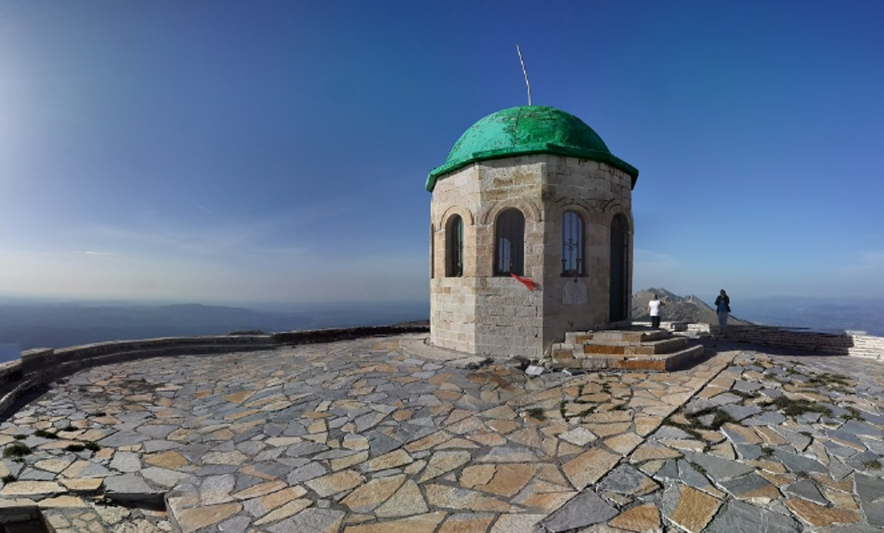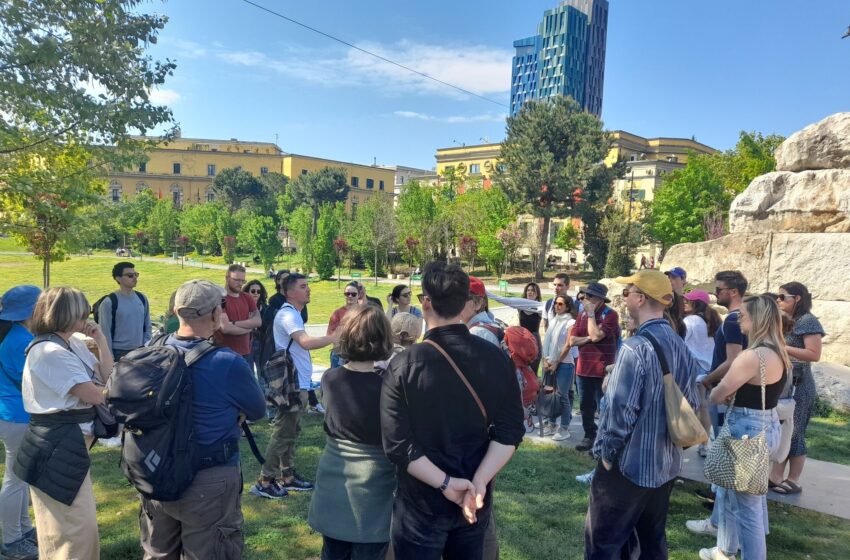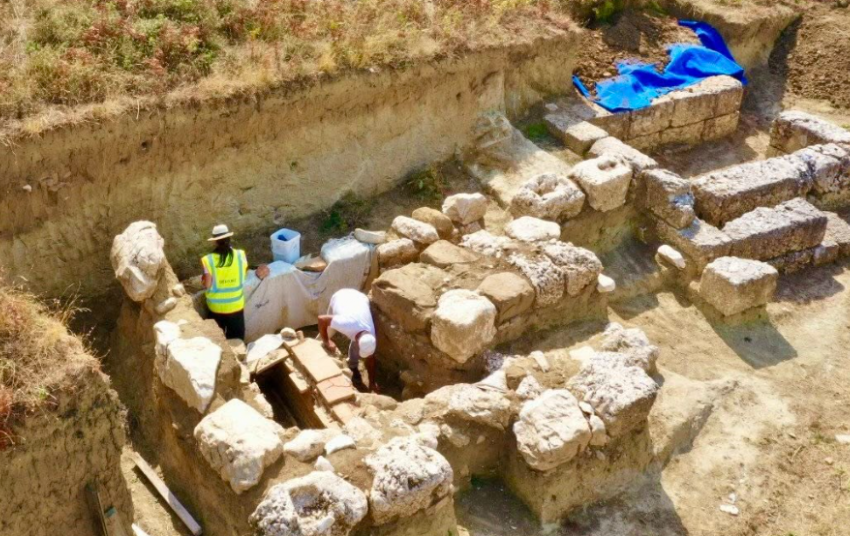Annual Bektashi Pilgrimage to Tomorr Mountain draws thousands in celebration

On Sunday, Bektashi believers concluded their annual pilgrimage to the summit of Tomorr Mountain. For five days, pilgrims gathered at the most sacred sanctuary in the Bektashi faith, the Kulmak Teqe, where, according to Bektashi tradition, the shrine of Abaz Aliu is located.
Context
In Bektashi tradition, Abaz Aliu, the son of the fourth Rashid Caliph in Sunni Islam and the first Imam of Shia Islam, who served as a standard-bearer in the Battle of Karbala and is venerated for his sacrifice in the name of peace, is believed to have come to Albania on a white horse to save it from barbarians. He stopped at Tomorr Mountain, where he continues to return every year for five days, during which people celebrate and offer sacrifices to the saint.
Originally a Sufi order within Sunni Islam, the Bektashi gradually adopted many tenets of Shia Islam, such as the veneration of Ali, the son-in-law of the Prophet Muhammad. They also adopted the veneration of the twelve Imams. However, they distinguished themselves by being quite tolerant and lax in observing daily Muslim laws and traditions. For example, they include both men and women in ritual wine drinking and dancing during devotional ceremonies and have incorporated some Christian practices. When all Sufi orders were dissolved in Turkey in 1925, the Bektashi leadership relocated to Albania, where the World Headquarters of the Bektashi Order has resided ever since.
In typical Albanian fashion, the annual Bektashi pilgrimage to Tomorr Mountain attracts Albanians from all walks of life, both religious and non-religious, including Muslims, Orthodox Christians, and Catholics. The roots of this Bektashi festival have long intrigued researchers and historians. English ethnologist Margaret Hasluck, who ascended the mountain in 1930, noted that pilgrims believed in a supernatural power residing at the summit and that the belief and vows to the mountain, called Baba Tomorri or Father Tomorr, were particularly strong. Tomorr Mountain is the tallest and most imposing mountain in southern Albania, rising alone from the plain to a height of 2379 meters. There seems to have been a cult of this mountain since ancient times, and Albania’s national poet, Naim Frashëri, himself a Bektashi, identified it with the ancient cult of Dodona. Given the Bektashis’ penchant for incorporating and honoring local customs and rituals into their traditions, there could well be some truth to these theories.


